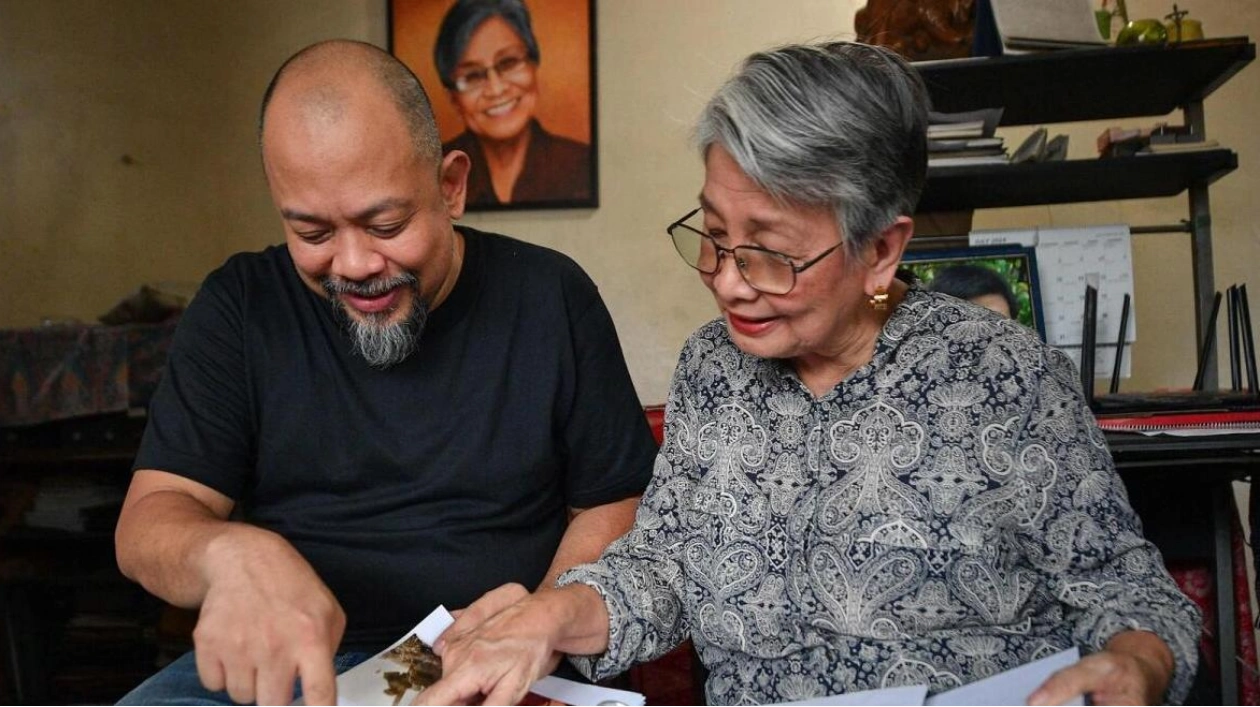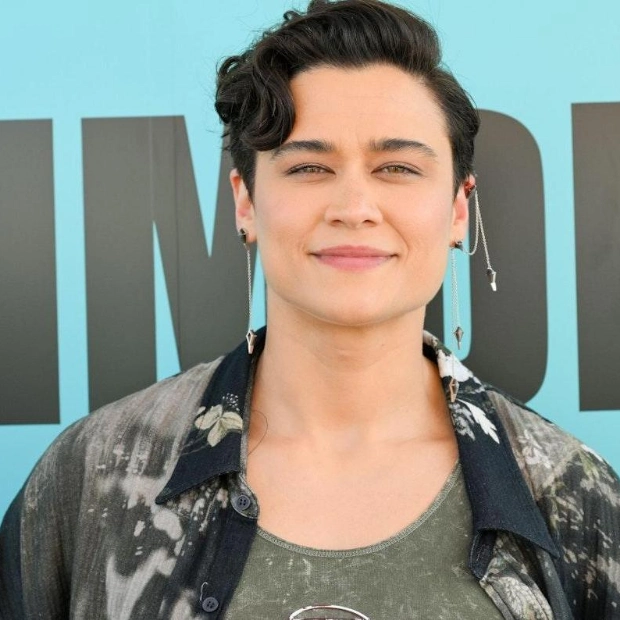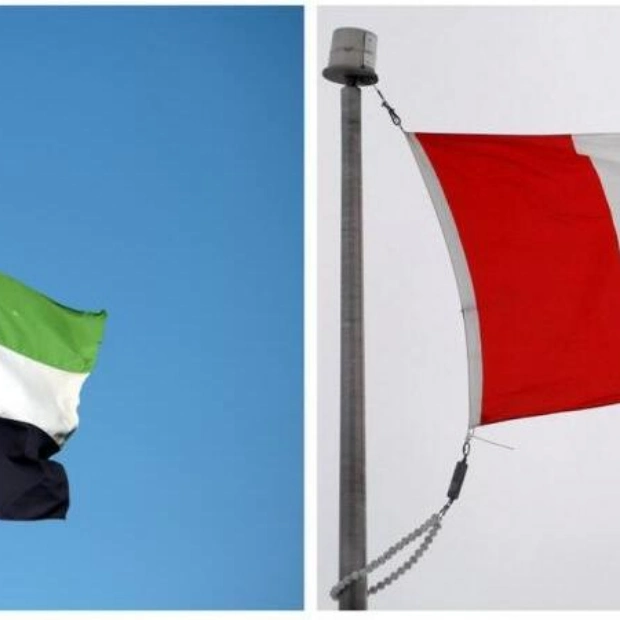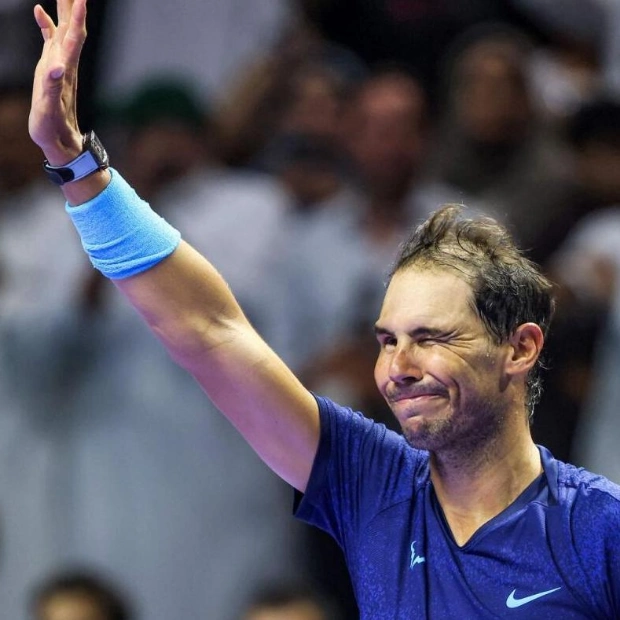For 17 years, Edita Burgos has meticulously examined body bags, visited military camps, led street protests, and filed numerous court cases in her relentless quest to find her missing son, Jonas. At 37, Jonas was a prominent activist for a left-wing farmers' group when he was forcibly taken by unidentified men into a vehicle at a Manila shopping mall in 2007. Since then, he has vanished without a trace. Human rights organization Karapatan estimates that hundreds of individuals have disappeared or been killed in extrajudicial executions since the government began its fight against a communist insurgency in the late 1960s. The military has accused Jonas of being a high-ranking communist rebel leader, yet they have consistently denied any involvement in his disappearance. Edita, a mother of five, is the central figure in a new documentary by her youngest son, JL Burgos, which delves into Jonas's abduction and the family's heart-wrenching search for him.
While Jonas's political views aligned with those of the rebels, Edita remains uncertain whether her middle son was indeed a communist. She emphasizes that regardless of his affiliations, no one has the right to take another's life. "Whatever he was, no one has the right to kill somebody, not even a rapist," Edita, now 80, told AFP prior to the screening of "Alipato at Muog" (Spark and Fortress) at the country's independent film festival Cinemalaya earlier this month. "You have to take them to court, not make them vanish." Despite findings by the Court of Appeals, Supreme Court, and the independent Commission on Human Rights implicating military personnel, no one has been convicted for Jonas's abduction. An army major was arrested in 2013 and tried for the alleged arbitrary detention of Jonas, but was acquitted in 2017 when a key witness failed to testify.
JL, 50, described being haunted by his older brother's disappearance and experiencing a breakdown while working on the documentary over eight months. He hopes the film will encourage someone to come forward with information about Jonas's whereabouts, even if it's only to reveal his remains. "Logically, he should no longer be alive, but then we cannot prove that," said JL. Edita, whose late husband was a vocal critic of former dictator Ferdinand Marcos Sr., has sought assistance from presidents, military generals, and even the communist rebels' urban death squad in her search for Jonas. She continues to wait for answers. Jonas, who briefly trained as a priest in his early teens, was aiding impoverished rural communities in Bulacan province when he was abducted in Manila. Edita has long suspected an army battalion operating in the province to be responsible for her son's disappearance.
In the documentary, Edita visits the unit's headquarters in Bulacan, where she learns that the number plate of a van previously seized and impounded by soldiers had been stolen. This same number plate was seen on the vehicle used in Jonas's abduction. Edita has accused Eduardo Ano, a military intelligence officer at the time, of being the "mastermind" behind her son's disappearance. Ano, who later rose to head the military and is now the national security adviser to President Ferdinand Marcos Jr., has denied any involvement. The documentary is seen as a desperate attempt to revive an old case linking the military to Jonas Burgos's disappearance, according to Jonathan Malaya, spokesman for the National Security Council. The criminal cases have all been "dismissed for lack of merit," while allegations against Ano are described as unproven, old accusations.
Edita lives with the anguish of not knowing what happened to her son. "You can't even pray and say 'May his soul rest in peace' because you do not know if he's still there," she said. Forced disappearances have persisted under the administration of Marcos Jr., who took office in 2022, according to Karapatan secretary-general Cristina Palabay. Thirteen activists have gone missing during Marcos Jr.'s tenure, bringing the total to 1,913 since the start of the communist insurgency under the elder Marcos's rule over five decades ago. This figure excludes the numerous victims of suspected extrajudicial killings. "(It's) a strategy to quell dissent," Palabay told AFP. "You don't see a tombstone, and you do not have closure as a family. It has a longer-lasting impact that extends to the community. There's a strong message that 'If you do this, this will happen to you and your family'," she explained.
Edita believes Marcos Jr. has a duty to uncover what happened to her son and other victims of forced disappearances. "He should really address human rights," Edita said, "because it was his father who set the tone that led us to a culture of violence among the uniformed ranks". As years pass with no news of her son, Edita holds onto hope that one day he will be found. "For all we know they could just be hiding him," Edita said. "Who knows, one of these days I will hear somebody knocking and asking, 'Mummy, what's for dinner?'"






